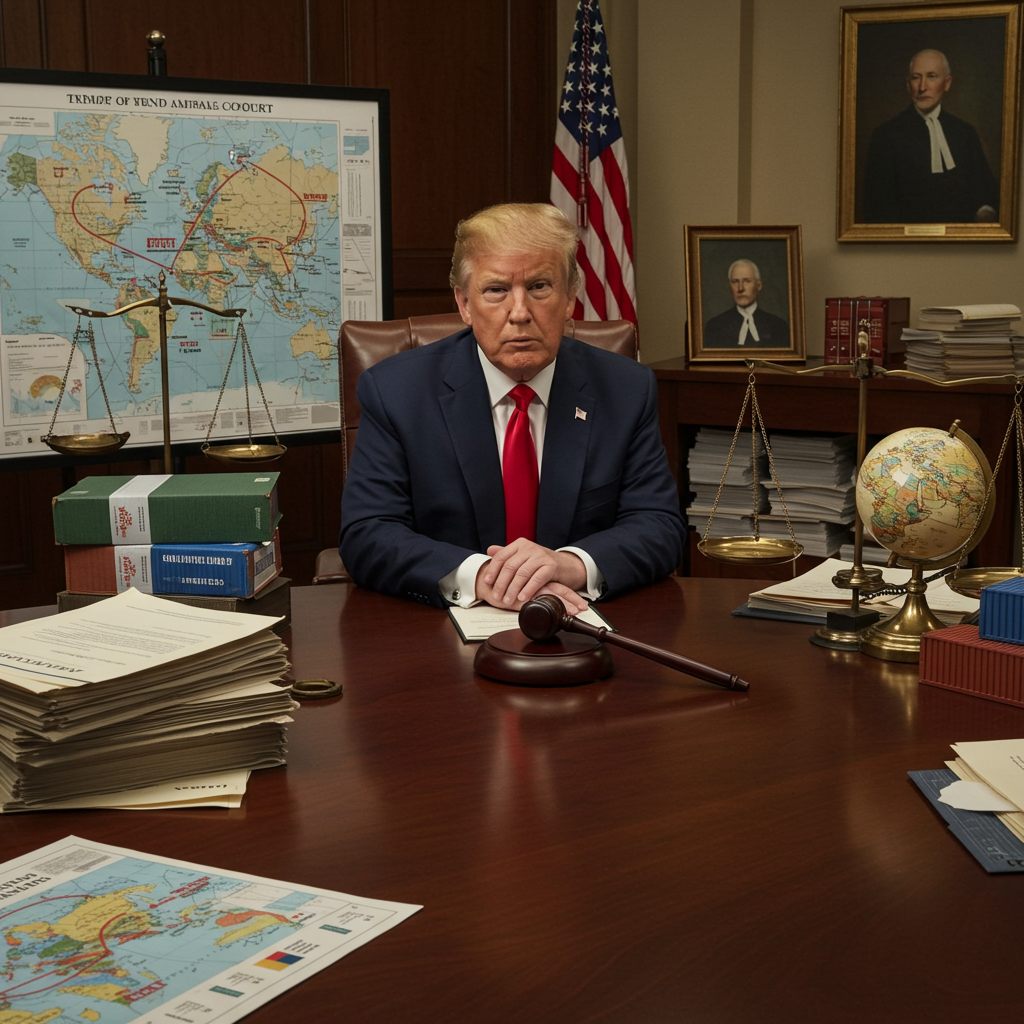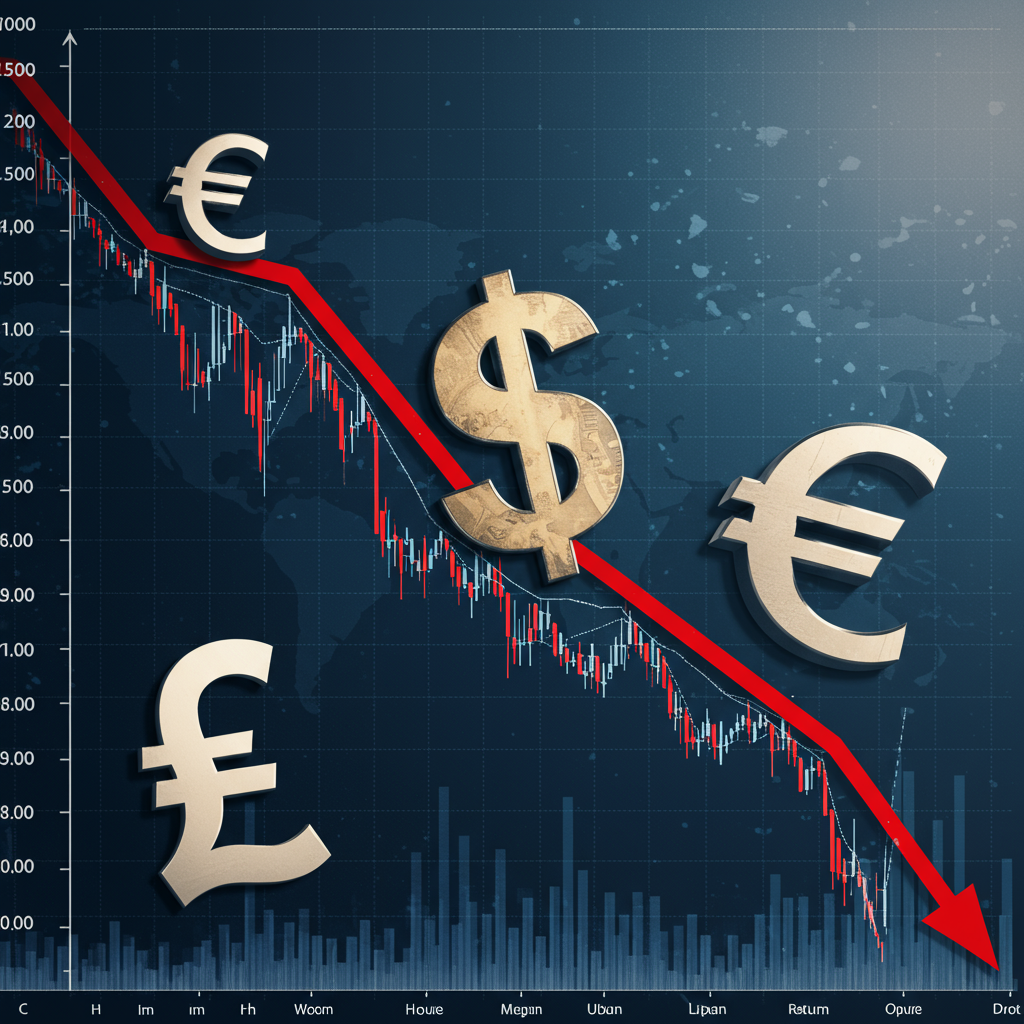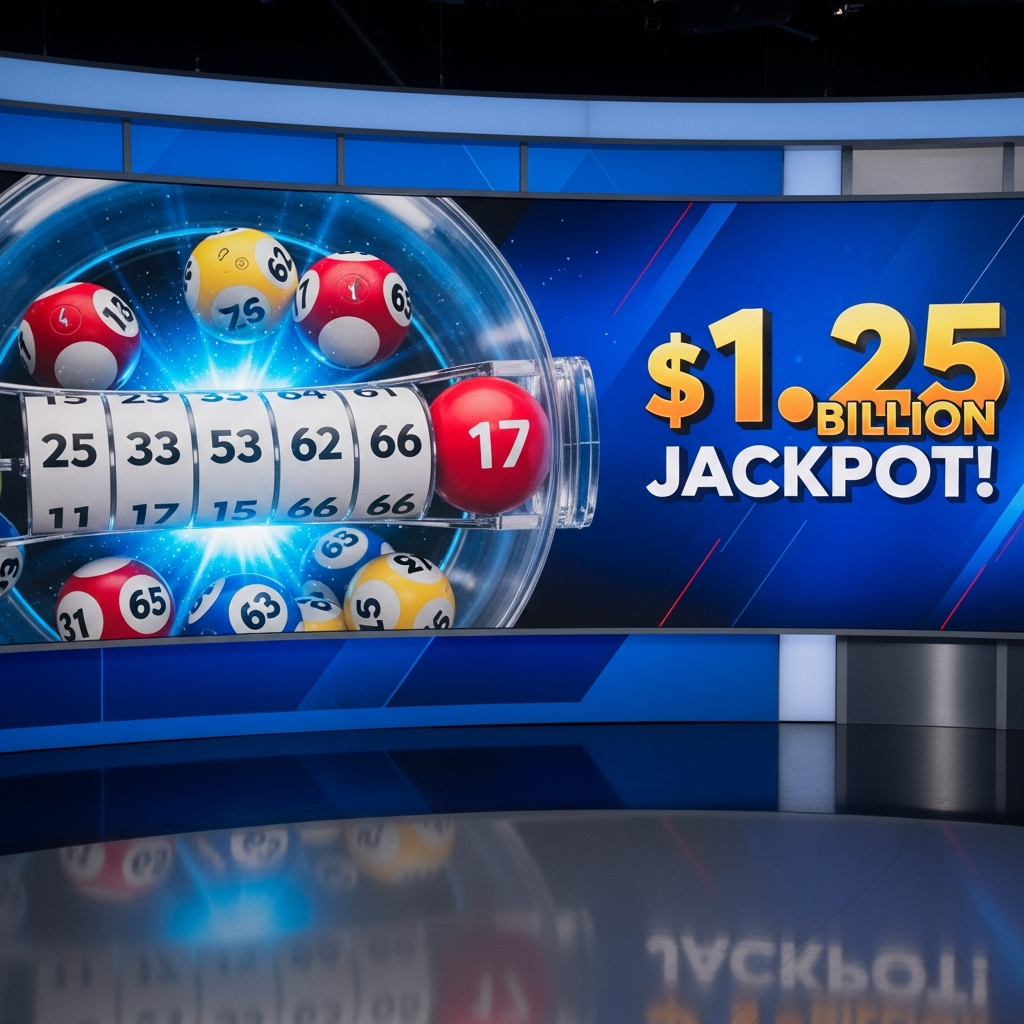A federal appeals court has temporarily allowed former President Donald Trump to continue collecting a wide range of import taxes, hitting pause on a lower court’s decision that had deemed significant portions of these tariffs illegal. This ruling grants the Trump administration a temporary reprieve while the legal battle proceeds.
The move comes just a day after the U.S. Court of International Trade (CIT) in New York ruled that Trump had overstepped his presidential authority by imposing certain duties. Specifically, the trade court found that tariffs enacted under the International Emergency Economic Powers Act (IEEPA) were not authorized by the statute, which they stated did not grant the president “unbounded authority” to impose such sweeping taxes by executive order. The court also noted that the U.S. Constitution grants Congress the exclusive power to regulate international commerce.
The CIT’s ruling, issued Wednesday, would have voided tariffs including a broad, blanket 10% import tax on goods from most countries worldwide, as well as higher “reciprocal” tariffs targeting major trading partners like the European Union and China. It also challenged a separate set of duties on imports from China, Mexico, and Canada that the administration had linked to efforts to address fentanyl smuggling, arguing these tariffs did not directly “deal with” the emergency under IEEPA but merely sought to create economic pressure.
The Trump administration swiftly appealed the CIT’s decision, labeling it an instance of “judicial overreach.” They argued that foreign and economic policy are the domain of the political branches, not the courts, and that the ruling threatened to undermine ongoing trade negotiations. White House officials asserted that America cannot function if sensitive diplomatic or trade efforts are “derailed by activist judges.” Trump himself publicly denounced the lower court ruling on social media, calling it a “horrible, Country threatening decision.”
On Thursday, the U.S. Court of Appeals for the Federal Circuit (CAFC) in Washington, D.C., granted the White House’s request to temporarily suspend the trade court’s order while legal proceedings continue. This means the IEEPA-based tariffs remain in effect for now, and businesses must continue to pay them. The CAFC has set a schedule for further filings, with the plaintiffs (a group of 12 U.S. states and 5 small businesses) required to respond by June 5.
Adding complexity, a second federal court, the U.S. District Court for the District of Columbia, also ruled Thursday that Trump’s authority under IEEPA did not permit him to impose tariffs unilaterally in a separate case brought by toy importers. That court similarly paused its ruling for 14 days pending appeal.
Uncertainty for Businesses and Consumers
The legal challenges, although temporarily halted by the appeals court’s stay, highlight significant uncertainty for businesses and consumers. Small businesses importing goods, like those who brought the initial lawsuit, have voiced both relief at the lower court’s finding and caution regarding the ongoing legal battle.
“It’s just been so chaotic and so impossible to plan as a business,” said one toy importer, noting that businesses need certainty on costs to plan effectively. Tariffs are typically paid by U.S. importers and often passed on to consumers as higher prices. Experts previously forecast potential inflation due to these costs.
If the White House ultimately loses its appeal, customs officials would be directed to issue refunds for collected tariffs.
What Tariffs Are Not Affected?
It’s important to note that the trade court’s ruling and the subsequent appeals court stay only pertain to tariffs imposed under the IEEPA, primarily the broad “Liberation Day” tariffs unveiled on April 2 and the China/Mexico/Canada fentanyl-related tariffs.
Tariffs previously imposed by the Trump administration under different laws remain in effect. These include:
Section 232 Tariffs: Duties on goods like steel, aluminum, and cars, implemented under a 1962 law citing national security concerns. These were not affected by the CIT ruling.
Section 301 Tariffs: Duties primarily on imports from China, originally imposed under a 1974 law addressing unfair trade practices.
Looking Ahead: The Legal Battle Continues
The legal challenge is widely expected to eventually reach the Supreme Court. Perspectives on the likely outcome vary. Lawyers involved in the case against the tariffs remain “guardedly optimistic” that the initial ruling will be upheld, pointing out that the trade court panel included judges appointed by presidents of both parties, including one by Trump himself. They characterize Trump’s actions as a significant “power grab.”
Others suggest courts might give the president the benefit of the doubt. A former trade negotiator commented that the court battle has weakened Trump’s leverage in trade negotiations, making future threats of tariff hikes less credible.
Even if the administration ultimately loses the appeal, Trump trade adviser Peter Navarro has indicated they would seek “another way” to implement tariffs. Potential alternative avenues discussed by experts include:
Expanding Section 232 duties to other sectors like semiconductors or lumber.
Reinvoking Section 301 authority for new investigations.
Utilizing Section 122 of the Trade Act of 1974, which allows for tariffs of up to 15% for 150 days to address balance of trade issues, potentially enabling quick action.
Invoking the seldom-used Section 338 of the Trade Act of 1930, allowing tariffs up to 50% on imports from countries deemed to be “discriminating” against the U.S.
For now, the appeals court’s temporary hold means the contested tariffs remain in place as the complex legal and political fight continues.
References
- https://www.bbc.com/news/articles/c93ywvl7yy5o
- https://www.bbc.com/news/articles/c8xgdj9kyero
- https://www.npr.org/2025/05/28/g-s1-69479/federal-trade-court-trump-tariffs-emergency-powers-law
- https://www.cbsnews.com/news/trump-tariffs-blocked-illegal-court-international-trade-ieepa-whats-next/
- https://www.nbcnews.com/politics/trump-administration/live-blog/trump-administration-elon-tariffs-medicaid-immigration-live-updates-rcna209644



